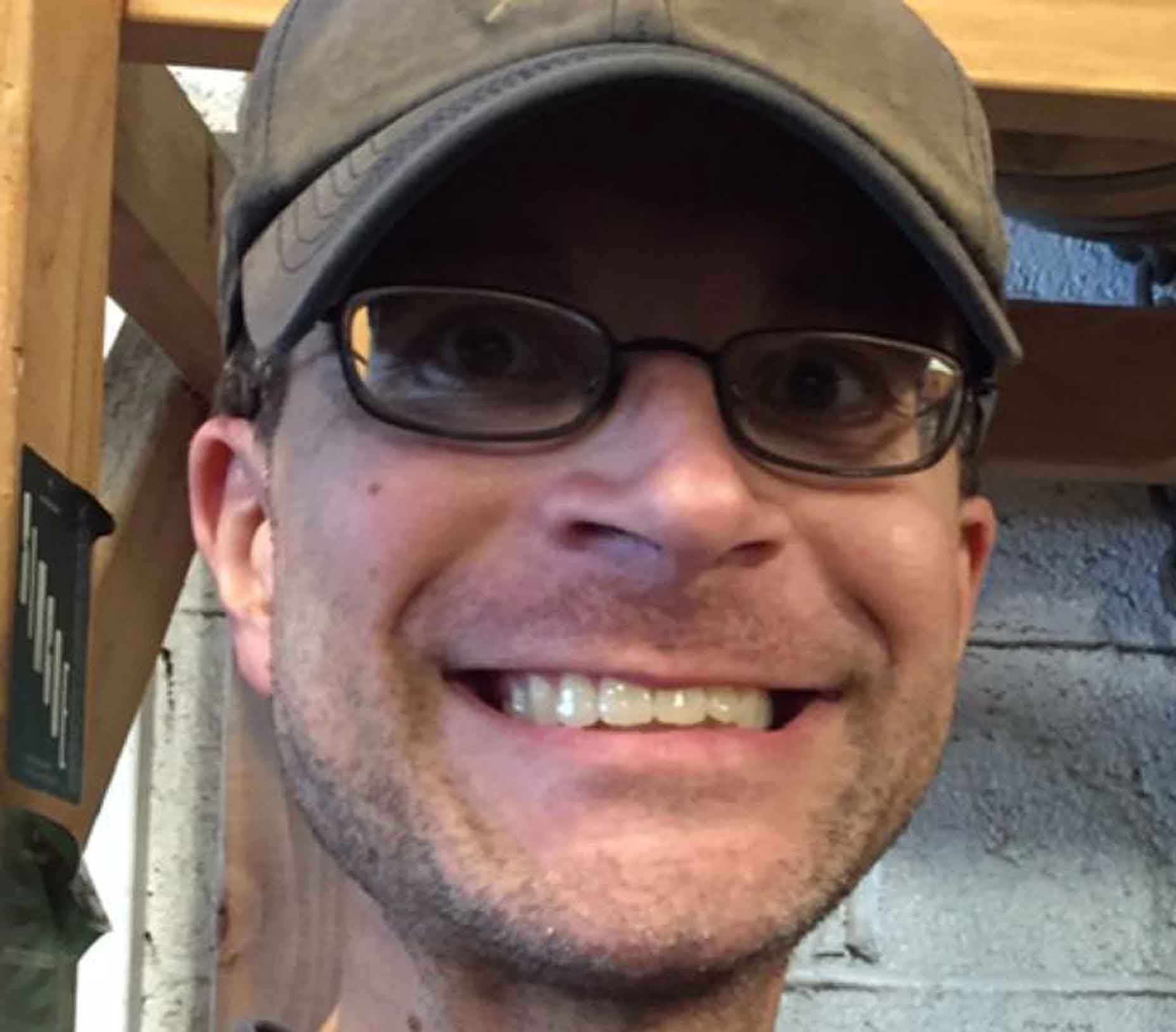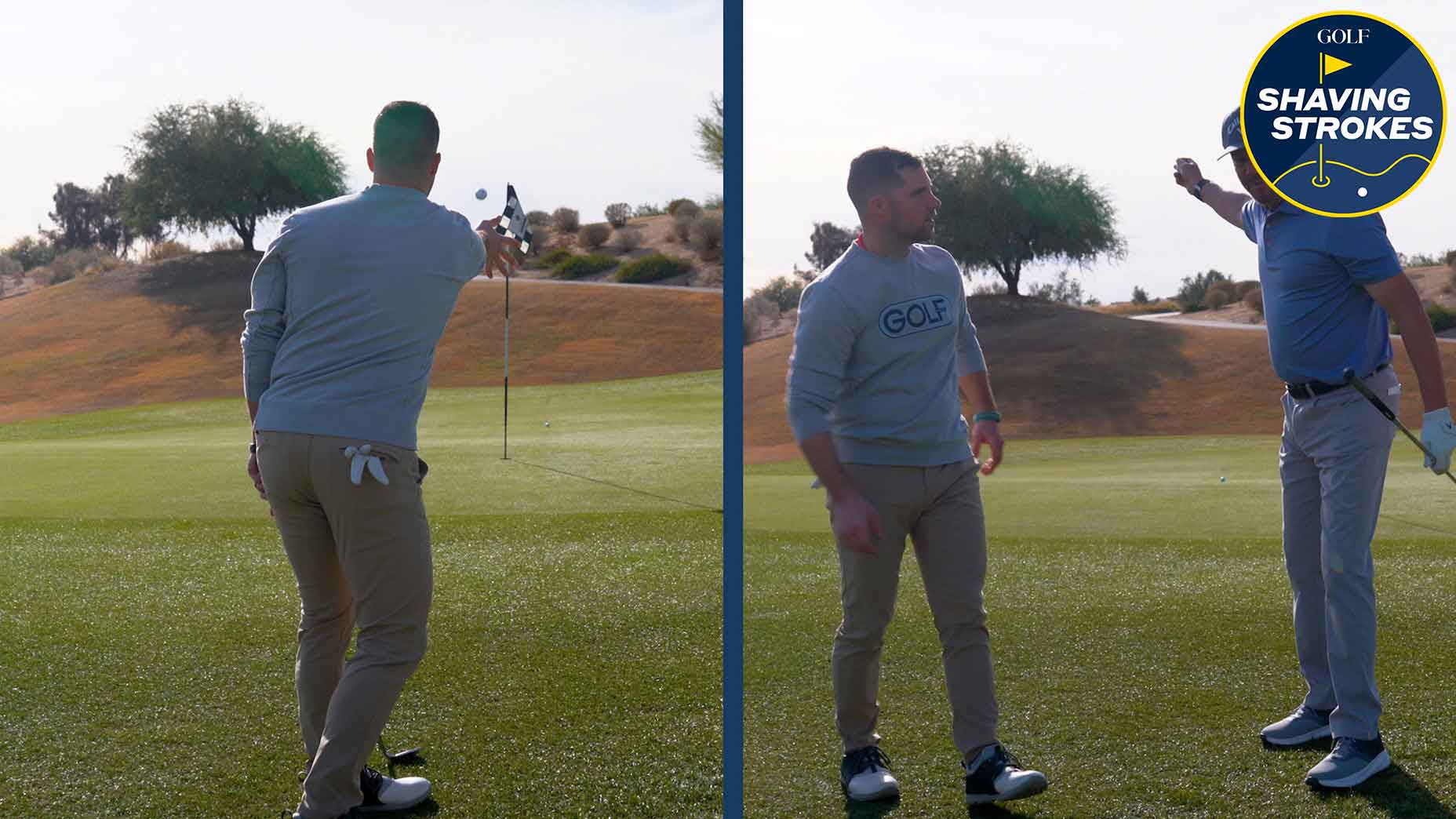
Jordan Spieth hits a tee shot earlier this month at the Sentry event.
Getty Images
What do you know for certain?
Whew. Deep one. Introspective. The answer tells you about a person. Where they’ve been. How they got there.
Whom they hear.
It’s with that setup that we present Jordan Spieth. And his response to the question. He initially didn’t answer. Then he did. The meat of it was just six words.
It was a line from a former president.
Spieth was talking on the most recent episode of the On the Mark podcast — which you can listen to in full here — and the conversation with host Mark Immelman, a longtime instructor and analyst, was free-flowing and wide-ranging. The reviewed Spieth’s short-game wizardry. His best-ever golf. Augusta National, where he won the 2015 Masters. The 2017 Open Championship, which he also won. Spieth’s slump. His return.
It’s safe to say the 30-year-old’s seen some things, though we hate to sum up Spieth’s life so quickly like that. But he’s had some lessons learned.
So Immelman asked him the question that starts this article. Spieth’s answer was telling. And maybe helpful to you. Here is their exchange, started by Immelman:
“You’re Hall of Fame-bound, you’ve had an incredible career, you’re on the doorstep of the Grand Slam, as well. You’ve been through it all. It’s been like a roller coaster. The train was rolling, there was a roller coaster, now you’re kind of back in the saddle to me. If you look back, is there anything you know for sure? What do you go: All right, I’m writing this in my memoirs one day, or I’m telling Sammy [Spieth’s son], this is kind of what I know for certain.”
“I think I still — maybe a few things,” Spieth said on the podcast, “but I still have to think that I’ve got a lot to learn.”
“OK.”
“Yeah,” Spieth said.
“Interesting.”
The conversation was going to turn. Then Spieth said this:
“I think the No. 1 thing is that it’s not the critic who counts. No offense.”
Immelman agreed: “Amen, brother.” Spieth continued.
“I mean, I think the No. 1 thing is — even in 2015 or so, I remember trying to work on things based on what I had heard people say that I didn’t know was a weapon of mine and was talked about almost negatively and I think I actually could have won more golf tournaments that year, that I was trying to do the wrong things versus the opposite of what I know is successful about what I was doing. It’s bizarre. You know, swing it like Adam Scott — well, I didn’t. Well, actually what I was doing was what people are tying to do now. It’s funny.”
Immelman agreed.
“Hey, I’ve been in plenty of conversations there, recovering golf instructor, with other pundits who would be those folks, who were saying, well, Jordan needs to do this to get better,” he said. “I’m like, golly.”
The takeaways? There are a few. Spieth seemingly has heard some folks. Then again, he’s human. It’s also very notable to hear what he believes he could’ve done had he better blocked out the noise in 2015 — that he could have won more. That year, he won five tournaments, including the Masters and U.S. Open, and was runner-up four times.
You may have also heard Spieth’s six words before. Or at least know the original speaker of them.
President Theodore Roosevelt.
They came in 1910 as part of a speech entitled “Citizenship in a Republic,” which has also been labeled “The Man in the Arena” speech. The Theodore Roosevelt Center’s website has every word here, and the below YouTube clip has the words Spieth used, at about the one-minute mark.
Editor’s note: To listen to the entire podcast with Spieth, please click here.










